2015-2016 ASICS Training HubOct 23, 2015 by FloSports Staff
Family Culture Cultivates Cornell
Family Culture Cultivates Cornell
We all know that every team works hard, they are all dedicated to the sport and that being a national champion at the end of the year is the ultimate goal.
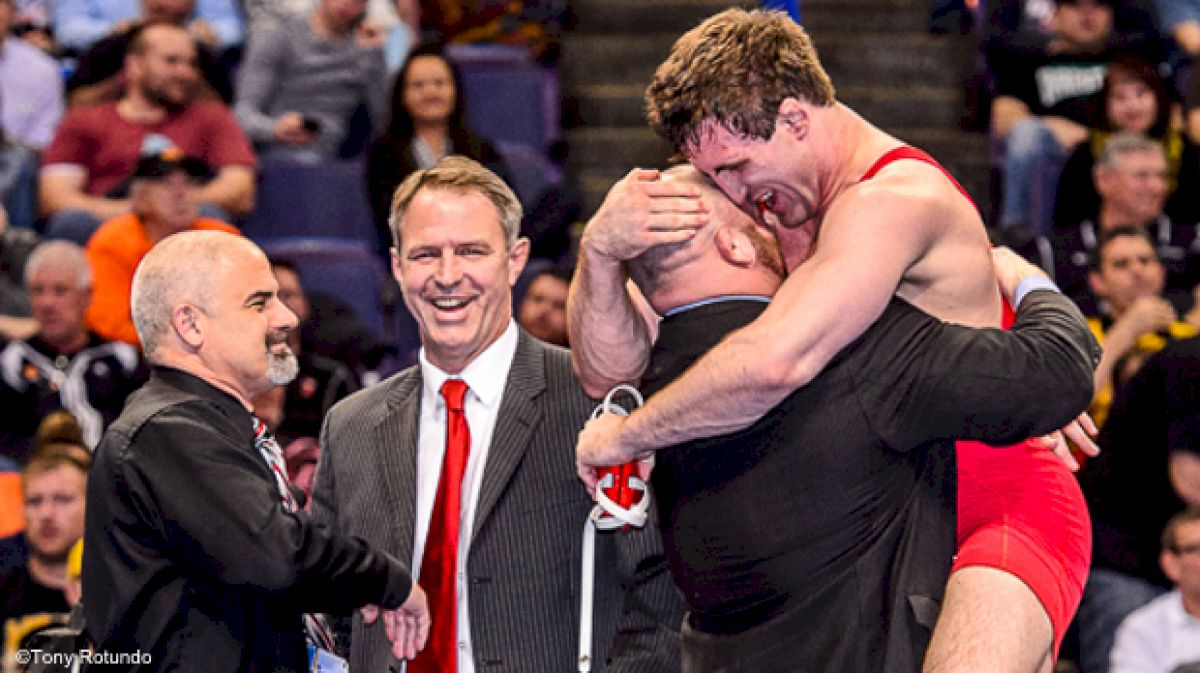
We all know that every team works hard, they are all dedicated to the sport and that being a national champion at the end of the year is the ultimate goal.
And naturally every team seems to have some sort of secret to it’s success that makes them different from the rest. But when it comes to Coach Rob Koll and the Cornell Big Red there’s really no secret. There’s no amount of hard work or training that has given them their success over the years. It’s the culture. It’s the amily aspect that surrounds the team. That’s what brings out the best in the team. They also look at different aspects of a recruit to make sure that he is in fact the type of person they feel will thrive in their system.

“We are selective as to who we bring in,” Koll said. “We don’t want problems so we look at certain aspects of things other than how a kid does in school or on the mat. We don’t want issues that are outside of our control so we make sure to not go after kids who seem like a high risk. We go after kids based on talent as well as character to make sure that we keep that culture in the room.”
Over the years, Cornell has accrued a great deal of success from Kyle Dake’s four straight NCAA titles to Gabe Dean’s title just last year. But if you don’t recall, Dean was not in the best position for a title run at the start of last season which Coach Koll attributes to peaking too early to get ready for his all-star match to kick off the season last year. At that point things changed and there was less of an emphasis on training hard and more of an emphasis on training smart along with knowing that a break was needed to recharge and get back on track for the grind of the season.
“Gabe is the best example of knowing how to train,” Koll commented. “He had a rough start to his season because he had very high expectations right from the start and he peaked too early. That’s when we, as coaches, had to know when to give him a break and pull back a little bit. Obviously, it was the right thing to do because of the end result, but early on you saw that something needed to change for him in order to have the success.
Now when it comes to the season things are a bit different for them being an Ivy League school. Coach Koll likes to say that they get two seasons that are split between the pre-season and the heavy season. Their breaks are a bit different than other schools. This changes their training schedule and how they approach things because with these breaks they can boost the intensity of their training since they don’t have to worry about busy class schedules and can just focus on working hard and smart.
“For us it’s a really great opportunity to work them harder without the academic stress on them,” Koll said. “We have a long break and aren’t in class until about January 21st so we take advantage of that. It both helps and hurts us though depending on how you look at it. If you try to train like a normal school it will hurt you, but if you realize these kids need rest I think it can really help us.”

Overall, the x-factor for Cornell comes down to the system. And with the right system (or culture) surrounding the right group of guys along with knowing that “more is not always better,” success at the highest levels is essentially imminent.
“A favorite quote of mine, which I know I’m misquoting, is from a coach who was asked ‘how do you motivate your kids?’ and he said, ‘I recruit motivated kids.’” Koll said. “It’s not rocket science. We do the right things and have the guys that just want to do the right things.”
And naturally every team seems to have some sort of secret to it’s success that makes them different from the rest. But when it comes to Coach Rob Koll and the Cornell Big Red there’s really no secret. There’s no amount of hard work or training that has given them their success over the years. It’s the culture. It’s the amily aspect that surrounds the team. That’s what brings out the best in the team. They also look at different aspects of a recruit to make sure that he is in fact the type of person they feel will thrive in their system.

“We are selective as to who we bring in,” Koll said. “We don’t want problems so we look at certain aspects of things other than how a kid does in school or on the mat. We don’t want issues that are outside of our control so we make sure to not go after kids who seem like a high risk. We go after kids based on talent as well as character to make sure that we keep that culture in the room.”
Over the years, Cornell has accrued a great deal of success from Kyle Dake’s four straight NCAA titles to Gabe Dean’s title just last year. But if you don’t recall, Dean was not in the best position for a title run at the start of last season which Coach Koll attributes to peaking too early to get ready for his all-star match to kick off the season last year. At that point things changed and there was less of an emphasis on training hard and more of an emphasis on training smart along with knowing that a break was needed to recharge and get back on track for the grind of the season.
“Gabe is the best example of knowing how to train,” Koll commented. “He had a rough start to his season because he had very high expectations right from the start and he peaked too early. That’s when we, as coaches, had to know when to give him a break and pull back a little bit. Obviously, it was the right thing to do because of the end result, but early on you saw that something needed to change for him in order to have the success.
Now when it comes to the season things are a bit different for them being an Ivy League school. Coach Koll likes to say that they get two seasons that are split between the pre-season and the heavy season. Their breaks are a bit different than other schools. This changes their training schedule and how they approach things because with these breaks they can boost the intensity of their training since they don’t have to worry about busy class schedules and can just focus on working hard and smart.
“For us it’s a really great opportunity to work them harder without the academic stress on them,” Koll said. “We have a long break and aren’t in class until about January 21st so we take advantage of that. It both helps and hurts us though depending on how you look at it. If you try to train like a normal school it will hurt you, but if you realize these kids need rest I think it can really help us.”

Overall, the x-factor for Cornell comes down to the system. And with the right system (or culture) surrounding the right group of guys along with knowing that “more is not always better,” success at the highest levels is essentially imminent.
“A favorite quote of mine, which I know I’m misquoting, is from a coach who was asked ‘how do you motivate your kids?’ and he said, ‘I recruit motivated kids.’” Koll said. “It’s not rocket science. We do the right things and have the guys that just want to do the right things.”
Related Content
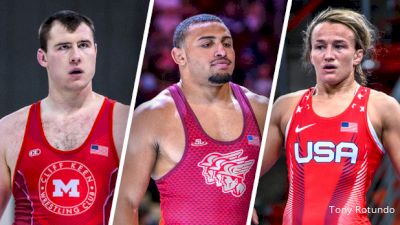 2024 USA Wrestling Olympic Trials Results
2024 USA Wrestling Olympic Trials ResultsApr 19, 2024
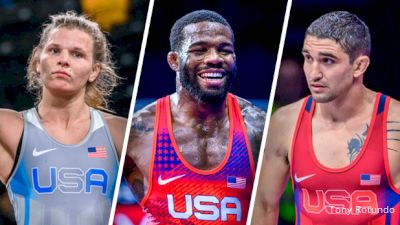 2024 Olympic Wrestling Trials Live Updates
2024 Olympic Wrestling Trials Live UpdatesApr 19, 2024
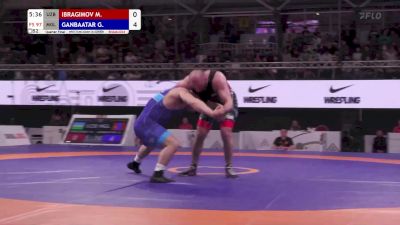 Replay: Mat C - 2024 Asian Olympic Qualifiers | Apr 19 @ 12 PM
Replay: Mat C - 2024 Asian Olympic Qualifiers | Apr 19 @ 12 PMApr 19, 2024
 Replay: Mat A - 2024 Asian Olympic Qualifiers | Apr 19 @ 10 AM
Replay: Mat A - 2024 Asian Olympic Qualifiers | Apr 19 @ 10 AMApr 19, 2024
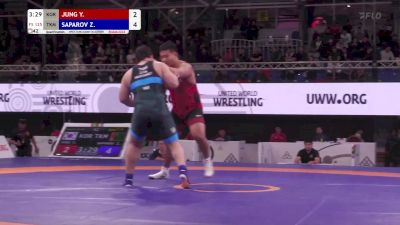 Replay: Mat C - 2024 Asian Olympic Qualifiers | Apr 19 @ 10 AM
Replay: Mat C - 2024 Asian Olympic Qualifiers | Apr 19 @ 10 AMApr 19, 2024
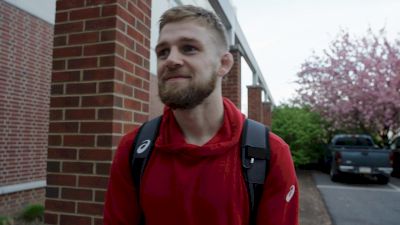 Seth Gross Has A Gameplan For The 65kg Olympic Trials
Seth Gross Has A Gameplan For The 65kg Olympic TrialsApr 19, 2024
 James Green Is Already Under 65kg
James Green Is Already Under 65kgApr 19, 2024
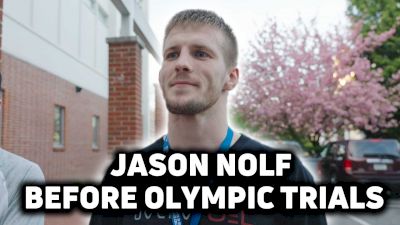 Jason Nolf Talks 74kg Field, His Prep For The 2024 Olympic Trials
Jason Nolf Talks 74kg Field, His Prep For The 2024 Olympic TrialsApr 18, 2024
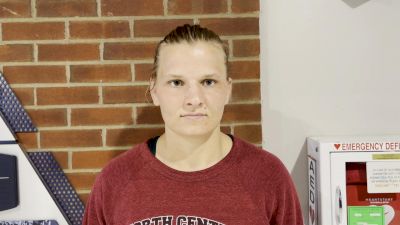 Makoyed Feeling Good, Wants Welker Rematch
Makoyed Feeling Good, Wants Welker RematchApr 18, 2024